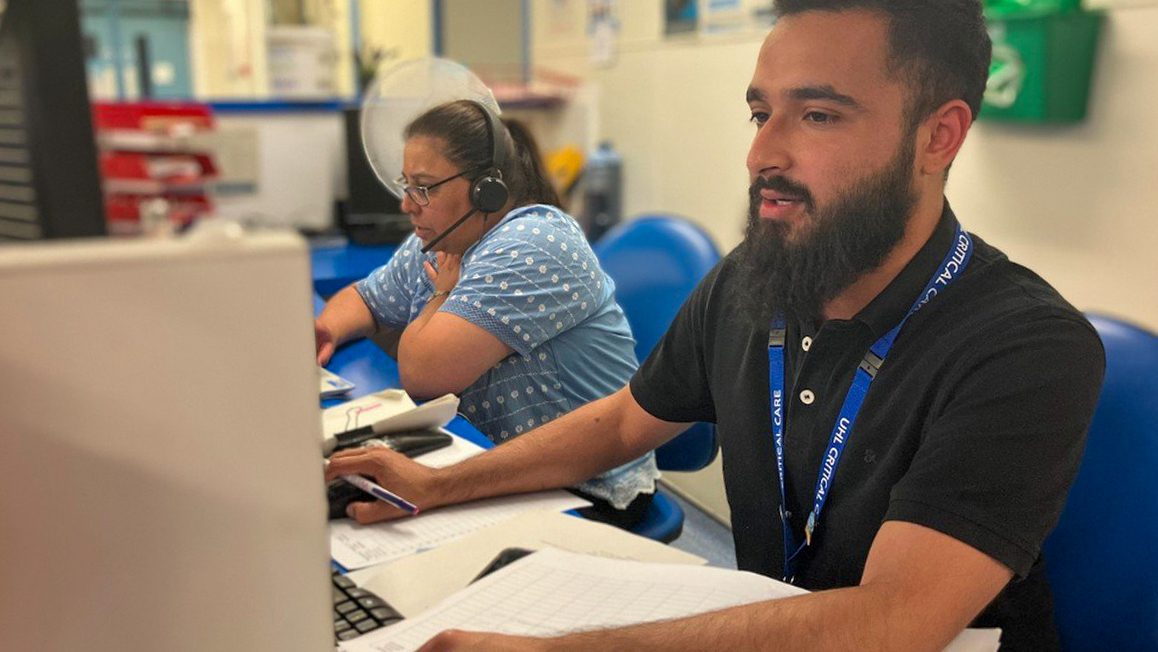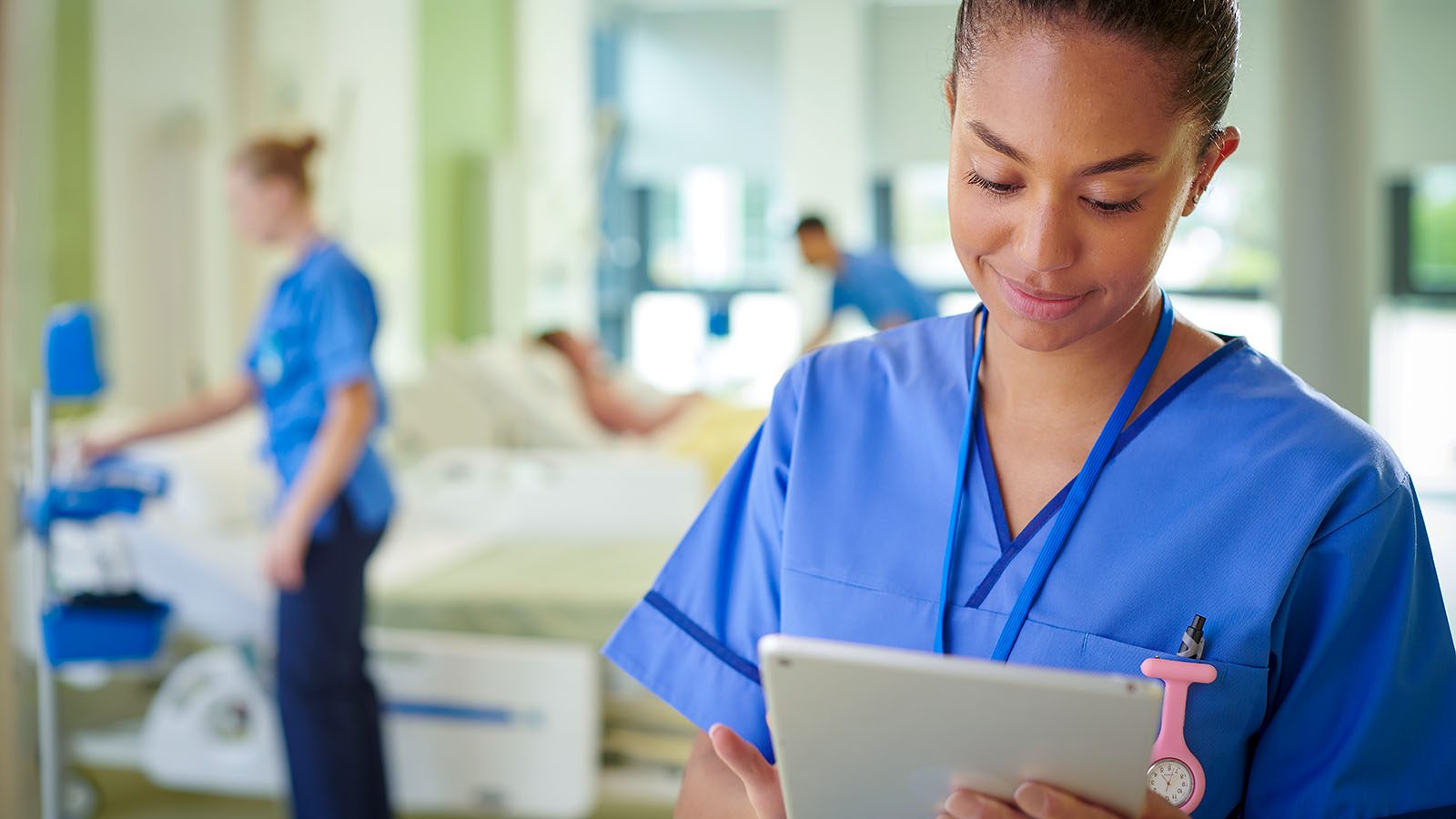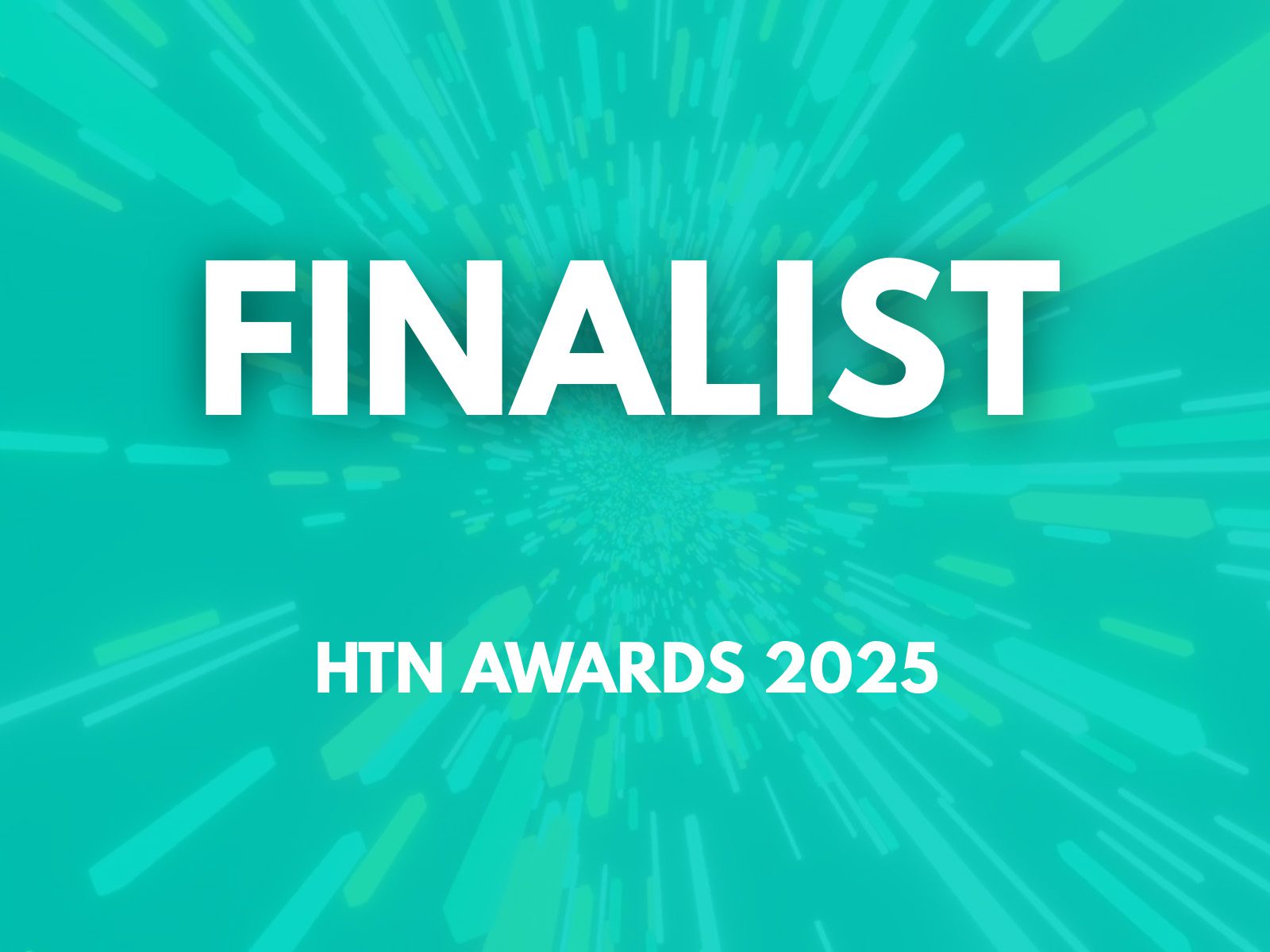Funded through the Nursing Technology Fund, Electronic Observations are now live on 20 in-patient wards and are already improving patient safety by accurately recording patient observations and alerting clinical teams immediately on deteriorating patients. Ward roll-out will be completed by May 2016. Initial feedback on the mobile device based Nervecentre solution has been positive from both staff and patients.
The Nervecentre Electronic Observations system provides nursing staff with the ability to record and monitor patient observations via a mobile device. Its key functionality includes sophisticated cascading escalation, with deteriorating patients’ vital signs being relayed to the most appropriate clinician in order for a “recognise and rescue” plan to be put in place.
Additionally, Southend University Hospitals will also be using Nervecentre Software’s clinical noting/handover and Hospital at Night to transform patient safety and revolutionise productivity within the Trust and to make it easier for clinicians to communicate, share data, and leverage the hospital resources 24 hours a day, 7 days a week.
Project Manager, Keiran Donovan, Southend University Hospitals, explains “This project is part of the Trust’s on-going Information and Technology strategy, which sets out a vision of moving towards a digitalised patient health care record. It gives the nursing workforce the tools by which to enter vital signs data electronically using mobile devices and allow timely escalation. This project recognised that paper based processes were not sustainable and by using this electronic system there will be significant improvements in patient care and outcomes which will also enhance clinical workflows, staff and patient experience.
Rhona Hayden, Critical Care Outreach Team, said “The use of mobile technology to record patient observations electronically means that not only are we reducing the burden of paperwork for nurses but it will also give nurses all the information they need at their fingertips in ‘real-time’ to be able to identify and respond to deteriorating patients and escalate to the relevant clinician and clinical team immediately.”





